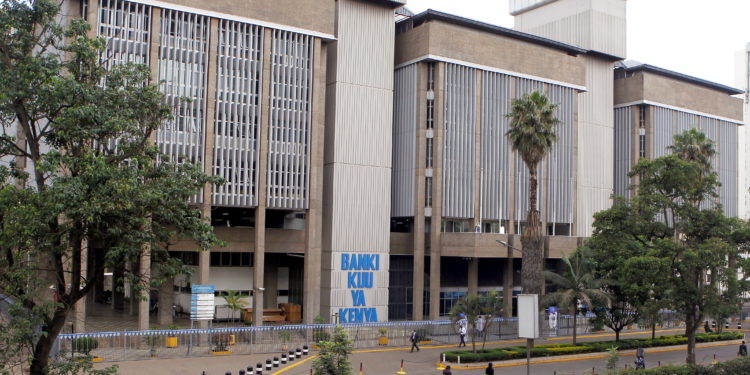The Kenyan capital markets are experiencing significant turmoil, marked by a sharp decline in equity and bond prices as foreign investors withdraw amid tightening global financial conditions. This retreat has not only impacted investment returns but has also raised concerns within the pension sector, leading to reduced contributions and heightened scrutiny over the sustainability of investment strategies.
According to the Kenya Financial Sector Stability Report 2023, the withdrawal of foreign investors has left a noticeable gap in the market, as their participation has historically provided a cushion against local economic fluctuations. “The capital markets were characterized by a decline in equity and bond prices, with significant scale-down by foreign investors,” the report stated. The downward trend raises alarms about the long-term implications for local investment ecosystems and overall economic stability.
In 2023, Kenya’s economy managed to grow by 5.6%, an increase from 4.9% in 2022, propelled by a strong performance in the service sectors, particularly finance, insurance, and information technology. However, this growth comes against a backdrop of heightened inflation and rising interest rates, creating a complex landscape for businesses and consumers alike.
Despite the positive growth figures, the financial stability report emphasizes that the domestic economy is not immune to global pressures. “High inflationary pressures triggered strong and faster-paced monetary policy responses by advanced countries,” the report noted. The tightening of monetary policy in developed economies has led to increased interest rates, significantly affecting borrowing costs in Kenya.
As a result, private sector credit growth, which surged to 13.9% in December 2023, has plummeted to just 4% by June 2024. The report points to tighter liquidity conditions and elevated credit risks as contributing factors to this downturn. “Tight lending standards may reduce credit uptake, which is necessary to support economic growth,” it warns. The slowdown in credit uptake poses challenges for businesses seeking to invest and expand in a fragile economic environment.
Compounding these challenges is the rising number of non-performing loans (NPLs), which have surged in key sectors such as real estate, trade, and manufacturing. The report reveals that the NPL ratio increased to 10.4% in 2023 from 7.5% the previous year, reflecting the mounting financial pressures on borrowers. The financial stability report indicates that approximately 46.9% of total lending is now under stress due to potential shocks in these critical sectors.
The insurance sector, too, faces its own set of difficulties, particularly as claims paid out have exceeded premiums collected. “The sector recorded an increase in cases of technology-related crimes, indicating mispricing of risks,” the report states. This scenario has led to growing concerns regarding the sustainability of insurance practices, prompting a reevaluation of risk assessment methods within the industry.
While the banking sector has generally shown resilience with sufficient capital buffers, it has not been without its challenges. Microfinance banks, in particular, reported losses and thin capitalization, raising questions about their ability to withstand ongoing economic pressures. “The banking sector had sufficient capital and liquidity buffers and strong earnings in 2023,” the report notes, but cautions that elevated credit and operational risks remain.
Amidst these challenges, the Kenyan government has made strides in addressing regulatory concerns, particularly in the digital lending space. The Central Bank of Kenya (Amendment) Act No. 10 of 2021 has brought previously unregulated digital lenders under the bank’s regulatory framework. The report suggests that this move is expected to enhance the stability and growth of digital credit providers, further integrating them into the formal financial system.
However, the specter of high public debt looms large over the economic landscape. In FY 2023/2024, the ratio of debt service to exports increased to 41.3%, up from 22.6% the previous year. This upward trajectory reflects the impact of local currency depreciation on external debt, highlighting the fiscal challenges facing the government. “The government is implementing a fiscal consolidation programme to attain a fiscal deficit of 3.5% of GDP,” the report indicates, aiming for greater sustainability in public finances.
The report projects continued economic resilience for Kenya, with growth expected at 5.1% in 2024 and 5.5% in 2025, driven by robust agricultural performance and key service sector recovery. Nonetheless, it cautions that persistent inflation, tightening global conditions, and geopolitical tensions pose significant risks to this optimistic outlook.













